Zainab Ahmed, the minister of finance, confirmed that Nigeria is inevitably heading for a recession following the adverse effects of the novel coronavirus disease on the price of crude oil and general economic productivity in Nigeria and across the world. The International Monetary Fund forecasts that the recession will be the deepest in three decades.
President Muhammadu Buhari had, at the onset of the pandemic, set up and economic sustainability committee (ESC) led by Vice-President Yemi Osinbajo. After months of deliberation, the committee published its report and recommendation; it suggested that Nigeria would slide into a recession as deep as 4.4 percent contraction of gross domestic product.
In the application of stimulus, the VP’s committee projected four scenarios as follows:
1. With “no stimulus economy will decline by minus 4.40% at best”
Advertisement
2. With a stimulus of “just N500 billion, the economy will decline by minus 1.94%”
3. With a stimulus of “N2.3 trillion, the economic decline will be lower at minus 0.59%”
4. With a stimulus of “N3.6 trillion there will still be negative growth but only of -0.42%”.
Advertisement
Based on the these, the VP’s team recommended to the president that scenario three be adopted, with funds “from N500bn from Special Accounts, N1.11 trillion of CBN structured lending and N302.9bn from other funding sources”.
TheCable has reviewed the final recommendations by the ESC and here are the highlights of the federal government’s plan to be considered for implementation over the next three to 12 months — to save the economy.
CREATE 10.12 MILLION JOBS IN ONE YEAR
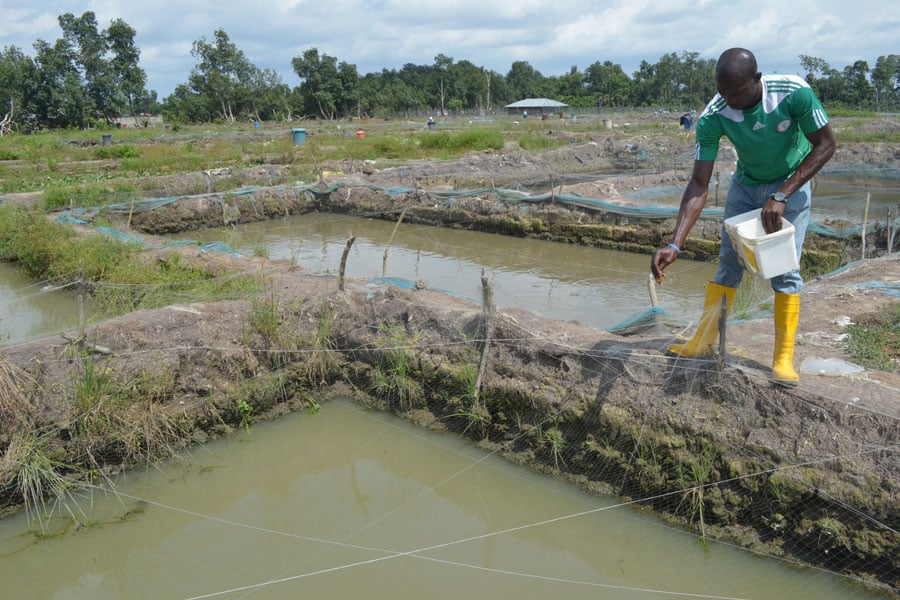
The Osinbajo committee recommended the creation of over 10 million jobs within a 12-month period. The jobs cut through agriculture, power generation, real estate, ICT and other sectors of the economy.
The “food for all project” is expected to create five million jobs by focusing on increasing land under cultivation with state governments contributing “between 20,000 to 100,000 hectares from a combination of aggregated smallholder farms and utilisation of abandoned states farm settlements and agricultural projects”. The project is expected to gulp N635 billion in 12 months.
Advertisement
The “mass housing strategy” envisages the creation of “1.8 million jobs starting with the construction of 300,000 homes in the next 12 months”. The solar power strategy is expected to “create 250,000 jobs in the energy sector while providing solar power to 5 million households”. Also in the plan is the 774,000 “jobs for youths and women post Covid-19”.
As for jobs in technology, the team is looking to “the digital economy to create 1 million jobs in outsourcing”. The National Gas Expansion Programme is expected to “support the creation of 1 million jobs through the conversion of 30 million homes from dirty fuels (kerosene, charcoal and diesel) to LPG”
Road construction and rehabilitation is also projected to create “296,000 jobs in the 6 geo-political zones of the country,” bringing the total jobs to be created to 10.12 million jobs within a twelve month period.
N50BN SURVIVAL FUND FOR SMEs
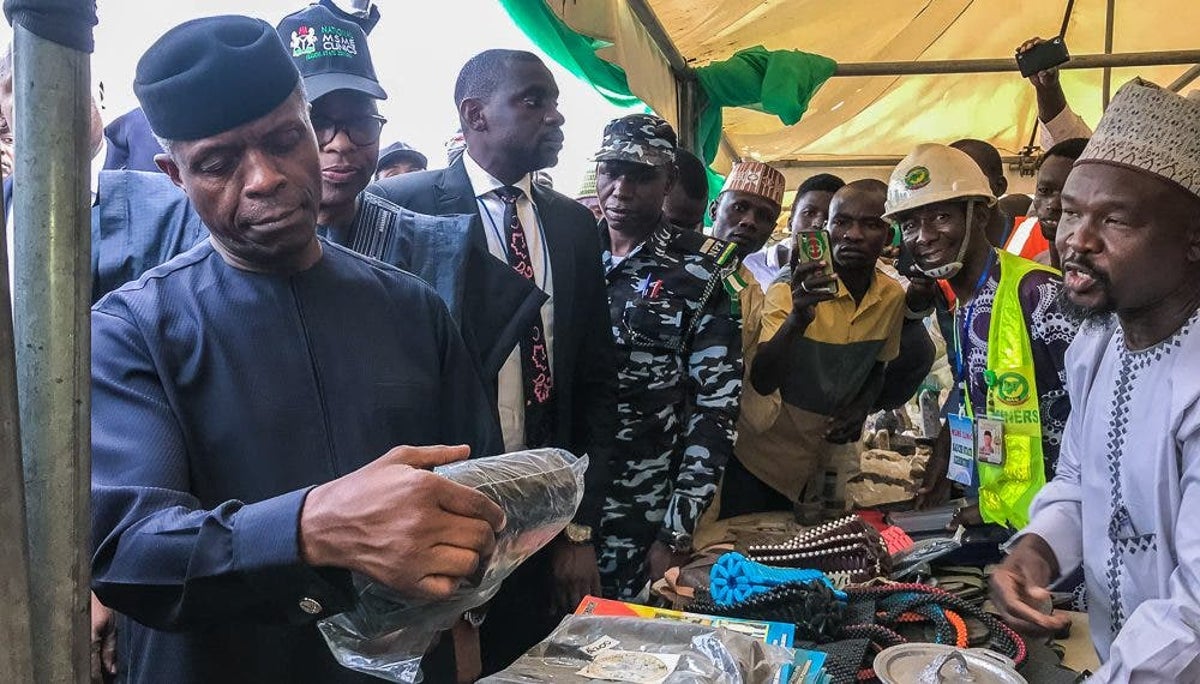
The report also recommends the creation of N50 billion survival funds to help small and medium scale enterprise by providing “payroll support” for the businesses.
Advertisement
“The scheme is a conditional grant to support vulnerable SMEs in designated vulnerable sectors in meeting their payroll obligations and safeguard jobs from the shock of COVID-19,” the report read.
“The scheme will seek to support 50,000 SMEs employing a minimum of 10 employees and a maximum of 50 employees each.”
Advertisement
This scheme is only for vulnerable sectors of the economy, including — but not limited to — “hotels, creative industries, road transport, tourism, and private educational institutions”.
‘NIGERIA AIR’ AND AVIATION BAILOUT
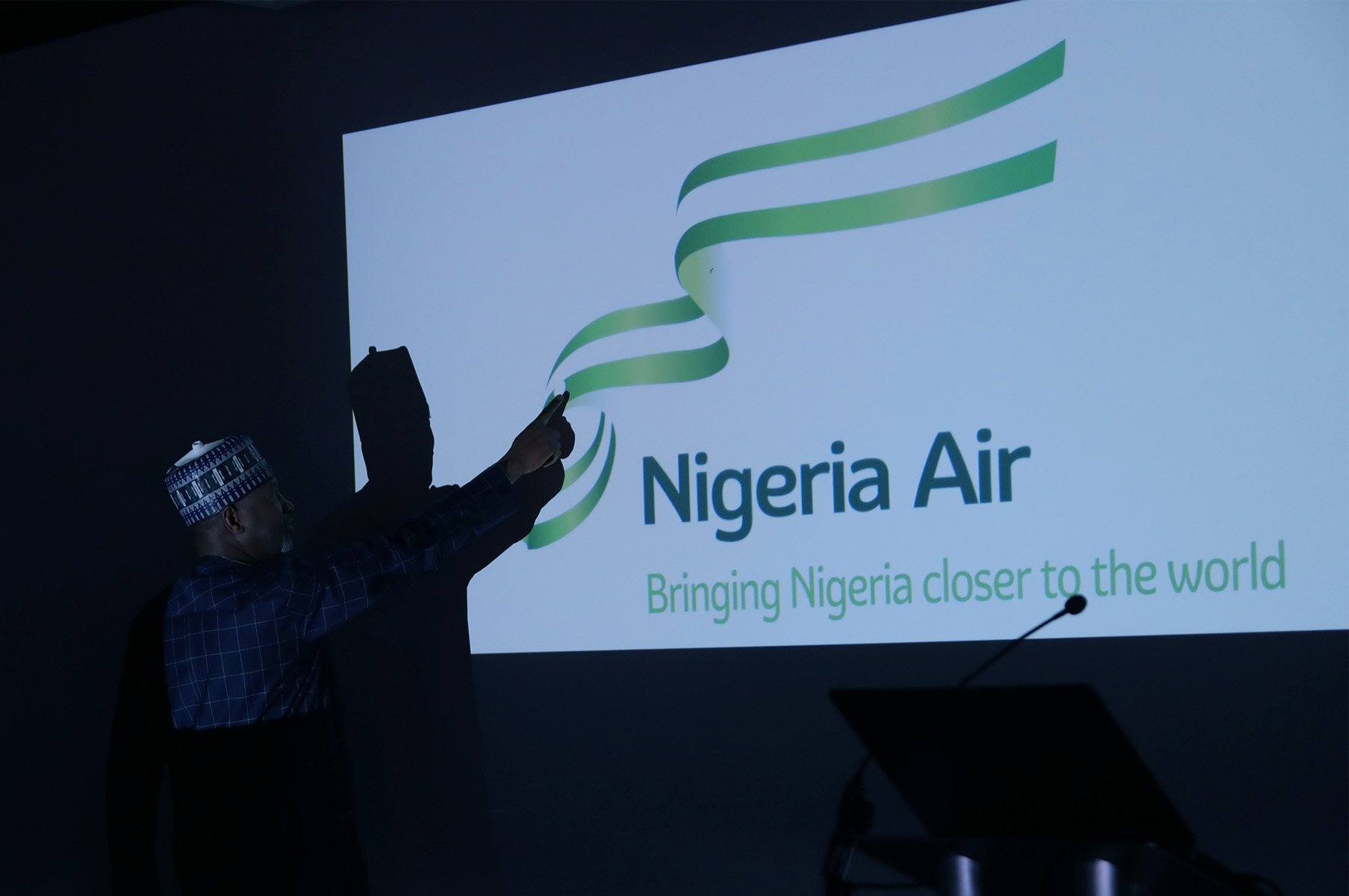
According to the committee, the aviation industry “has been hard hit by the COVID-19 pandemic as over 90% of its activities and operations have been adversely affected, resulting in losses that are valued at N21bn on a monthly basis”.
Advertisement
Responding to this challenge, the committee proposed a “fast track” of the “establishment of a private sector-driven national carrier to generate revenue and contribute to GDP”. In 2018, the federal government proposed the Nigeria Air, which it said would be driven by the private sector, but would serve as a national carrier.
The project gulped millions of taxpayers money, but was suspended in 2019. While the ESC document does not mention Nigeria Air, it called for the fast-track of the national carrier.
Advertisement
Also in the aviation sector, the committee recommended the implementation “of the removal of value added tax (VAT) from airline tickets as approved by FEC”, and targeted stimulus package for airlines to save existing jobs.
EXPAND NHIS TO COVER THE POOREST

The committee also recommended strengthening the healthcare sector to cater to the poorest of the poor by linking the National Health Insurance Scheme (NHIS) to the national social register (NSR).
It also recommended an acceleration of the “implementation of the Basic Health Care Provision Fund (BHCPF) to achieve at least a 65% increase in the share of the population covered by primary healthcare”.
The plan to develop a robust health system with the capacity to withstand shocks is expected to cost over N198 billion naira over the next 12 months.
Nigeria Social Insurance Trust Fund (NSITF) is also expected “to launch insurance scheme for health workers to cover exposure to COVID-19 and other infectious diseases”.
ZERO INTEREST LOANS AND DEBT RELIEF
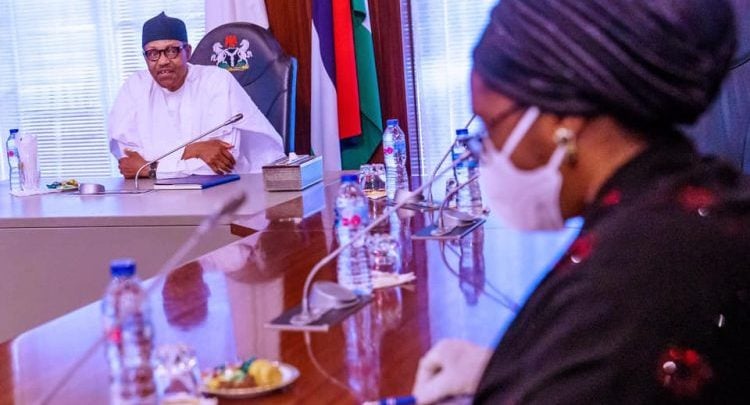
Part of the plan is to mobilise external funding and seek debt relief from bilateral and multilateral institutions. The policy focus includes engaging “with multilateral and donor agencies to access additional funding for crisis response, i.e. IMF – $3.4bn; World Bank – $2.5bn; AfDB – $0.5bn, African Export-Import Bank – $0.5bn, IsDB – $113m”.
The federal government was also asked to seek debt relief and moratorium from its lending partners.
In turn, the government will grant interest-free loans to artisans and smallholder farmers to ensure they stay alive and thrive through these challenging times.
All of these are in addition to the existing and expanded social investment programmes which would “enroll one caregiver (and one alternate) per household and start disbursement of Cash Transfers to all the 2,644,495 households” in the national social register.
1 comments

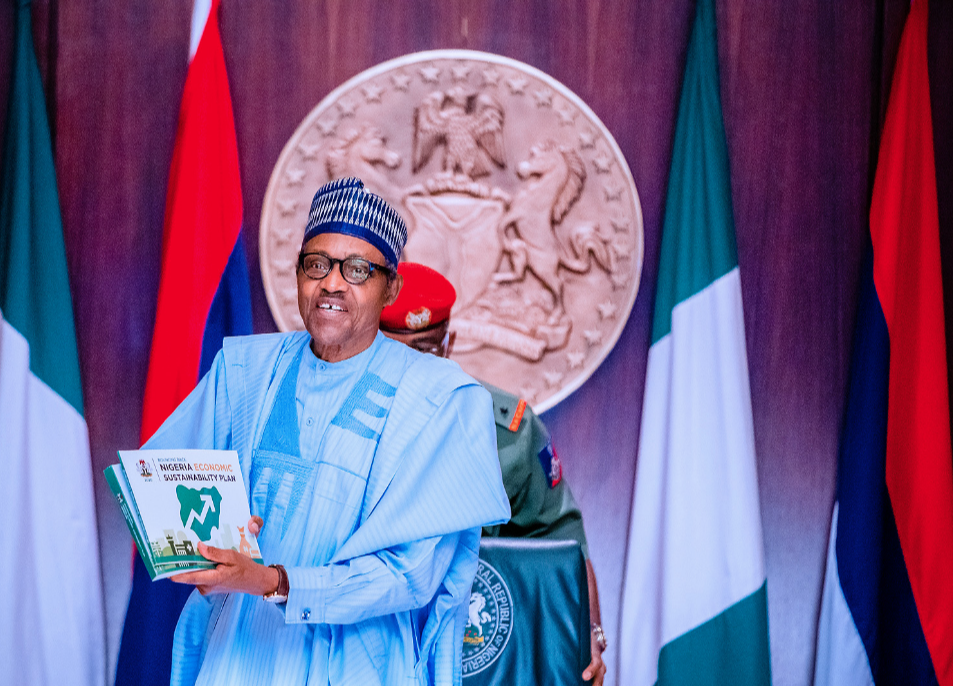






Good ideas, but implementation is biggest problem we have in Nigeria. We have selfish and greedy leaders all over the place, majority of them don’t believe in project Nigeria,their main concern is sharing the national cake.